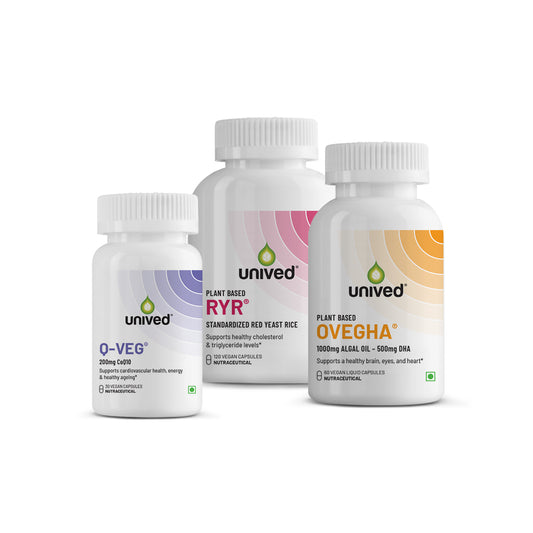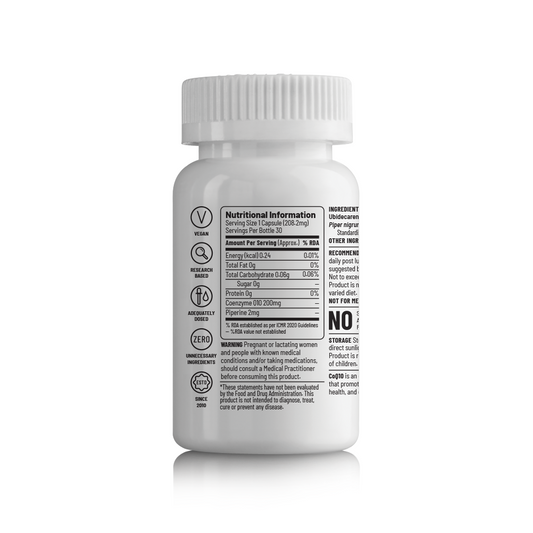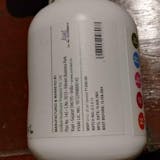In his book “Eat to Live”, Joel Fuhrman MD, says about
cardiovascular diseases, “Every heart attack death is even more of a tragedy
because it likely could have been prevented.”
Many factors contribute to high cholesterol levels, such as
an unhealthy diet, lack of physical activity, stress, smoking, predisposition
to cholesterol, and family history. High cholesterol or Hypercholesterolemia
(also referred to as hyperlipidemia), and hypertriglyceridemia (high
triglyceride levels) is a leading risk factors for cardiovascular diseases and
symptoms seldom manifest until the serum lipid levels are severely elevated and
cross the range at which cardiovascular morbidity and mortality are increased
[4].
Epidemiologic studies predict that for each 1% reduction in
the level of LDL cholesterol there is a 1% to 1.5% reduction in the risk of
major cardiovascular events [4].
Young adults and working professionals
Hyperlipidemia is affecting millions of young people, the
world over. Hypercholesterolemia is one of the major risk factors for
atherosclerosis and coronary heart disease [5]. They encounter co-morbidities
due to abnormal lipid levels in their blood. One of the major factors for
hypertriglyceridemia in our Indian population could be a diet replete with
carbohydrates and saturated fats [7]. The lipid and lipoprotein profiles in the
urban Indian population reveal a high instance of hypercholesterolemia and abnormally
high LDL-C and low HDL-C levels. Also, smoking has a negative impact due to its
HDL (good) cholesterol-lowering effects, putting you at risk of heart disease
[8]. A recent survey involving men and women within the age group 25-45,
revealed that as many as 25% of them suffered from high or abnormal levels of
cholesterol and triglycerides [6].
Vegans
Since vegans follow a plant-only nutritious diet, the
dietary factors relating to the occurrence of high cholesterol are reduced to a
minimum. However, several other factors such as familial hypercholesteremia,
stress, lack of physical exercise, and excessive consumption of fatty foods
also lead to hypercholesteremia. Therefore, it is vital to keep cholesterol
levels in check, no matter how healthy is the diet.
Cholesterol-lowering drugs and their side-effects
Often, cholesterol-lowering drugs (statins) are prescribed
to treat or prevent cardiovascular diseases in patients with hyperlipidemia.
However, these drugs come with host-of side effects such as memory loss, muscle
damage, and CoQ10 depletion [9]. One of the best alternatives to
cholesterol-lowering drugs is Red Yeast Rice. Unived’s Red Yeast Rice reduces
LDL cholesterol and triglyceride count and increases HDL cholesterol, thus
improving overall lipid profile without any side effects and that is safe for long-term
consumption.
Our Formulation
Unived’s RYR is a natural product, standardized to 0.4%
Monacolin K,
Mode of Action:
Nutraceutical Red Yeast Rice is created from red rice with
Monascus purpureus. The fermentation of yeast and rice produces a complex of
substances called Monacolins that have recognized lipid-lowering qualities. The
concentration of Monacolin in the most commonly used RYR nutraceuticals usually
reaches up to 1.9%. Several types of Monacolin have been identified based on
the strain of yeast used and the fermentation conditions. One of these subtypes
is Monacolin K, which was first isolated by Professor Akira Endo and was found
to be structurally identical to lovastatin (a synthetic cholesterol-lowering
drug).
Its primary mechanism of action is to inhibit
3-hydroxy-3-methyl-glutaryl-CoA (HMG-CoA) reductase, the rate-controlling
enzyme of the cholesterol synthesis pathway [2].
References:
2. Cicero, Arrigo FG, Federica Fogacci, and
Maciej Banach. "Red yeast rice for hypercholesterolemia." Methodist
DeBakey cardiovascular journal 15.3 (2019): 192.
3. Journoud, Mélanie, and Peter JH Jones. "Red yeast
rice: a new hypolipidemic drug." Life Sciences 74.22 (2004): 2675-2683.
4. Hyperlipidemia, Clinical Key, Elsevier,
https://www.clinicalkey.com/topics/cardiology/hyperlipidemia.html.
5. Akira Endo, ‘The Origin of cholesterol lowering drugs’,
Atherosclerosis Supplements, Oct 2004, vol.5 (3), pg.125-130.
6. Debrati S Sen, ‘How Stress Affects Youngsters’, 12Feb
2013,the Times of India.
7. Sawant, A. M., et al. "Prevalence of dyslipidemia in
young adult Indian population." Japi 56.2 (2008): 99-102.
8. High Blood Cholesterol Levels, Medline Plus, National
Institutes of Health. http://www.nlm.nih.gov/medlineplus.
9. Mercedes Serrano, ‘Comparison of Red Yeast Rice with
Placebo in [cholesterol lowering drug] – Intolerant Adult Patients with
Hyperlipidemia’. 2010, Paper 197, Pacific University, School of Physician
Assistant Studies.





 SaleVendor:Lipid Health
SaleVendor:Lipid Health







